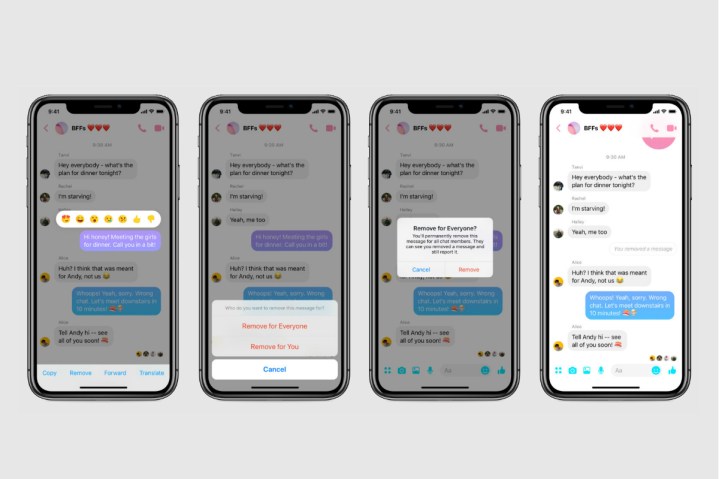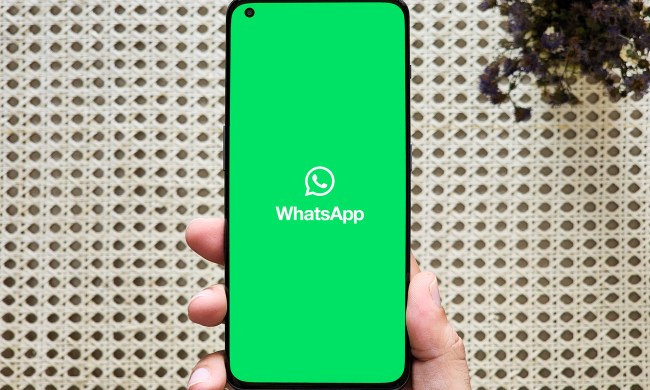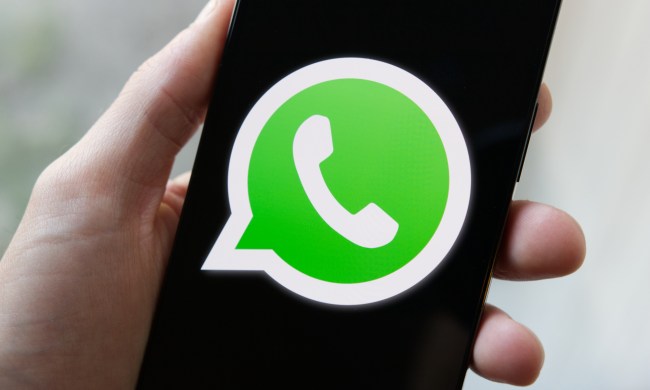
Facebook could be looking to merge some of its biggest and most-used services, according to a new report from The New York Times.
According to the report, Mark Zuckerberg is asserting his control over the company’s different divisions and is set on merging the company’s major messaging services. The plan seems to be to allow Messenger, WhatsApp, and Instagram users to chat with each other, regardless of the platform they’re using.
Importantly enough, the report notes that Zuckerberg has also ordered apps to adopt end-to-end encryption, marking a big step forward in security for apps like Messenger and Instagram. WhatsApp already had end-to-end encryption. Encryption essentially means that only the participants in the conversation will be able to see what’s being said — while unencrypted messages could potentially be intercepted.
The move would be a significant change for all three of the services. While Facebook and Instagram have seen some integration, WhatsApp has largely been developed separately from Facebook’s other core services ever since Facebook acquired it for $19 billion in 2014.
Facebook appeared to confirm the report in a statement to The New York Times. The company said that it wants to “build the best messaging experiences we can; and people want messaging to be fast, simple, reliable and private. We’re working on making more of our messaging products end-to-end encrypted and considering ways to make it easier to reach friends and family across networks.”
The plan to integrate the different services apparently isn’t going over as well as Zuckerberg may have liked. WhatsApp employees are reportedly particularly frustrated by the plans, largely because of concerns over privacy — and Instagram founders Kevin Systrom and Mike Krieger left the company last fall. Anonymity is a big part of WhatsApp and Instagram, whereas on Facebook you must sign up with your real name. Considering that, it’s currently unclear exactly how Facebook will approach the integration of the three services.
So when will we expect to be able to message across services? The New York Times mentions that a planned launch is set for 2020 — though of course whether that ends up happening remains to be seen.



